Amelie Persson presented her ongoing research on falsified medicines at the research node Medical Humanities at Department of Arts and Cultural Sciences, Lund University, on 14th February, 2023.
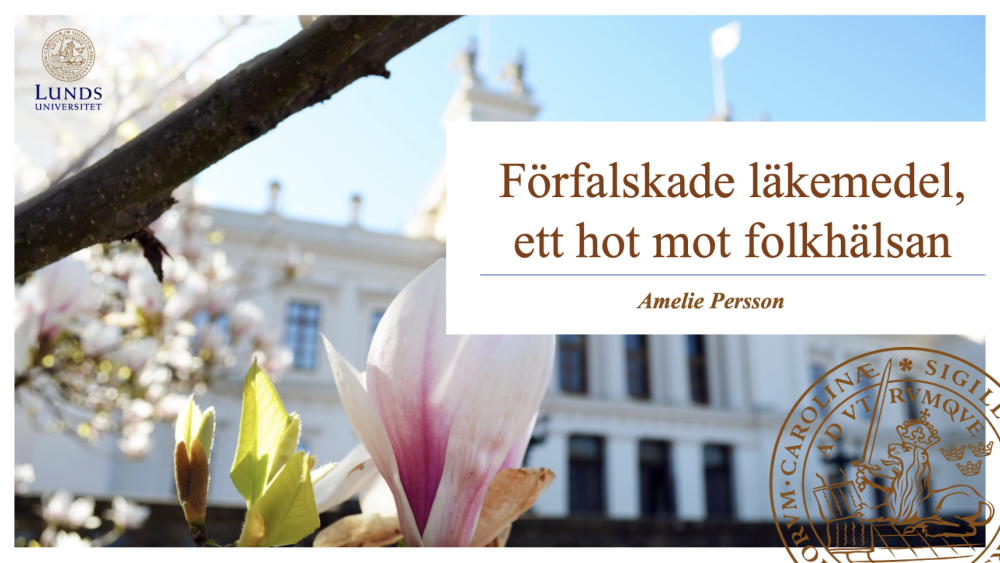
The Internet as a site for medicines in grey zones.

Amelie Persson presented her ongoing research on falsified medicines at the research node Medical Humanities at Department of Arts and Cultural Sciences, Lund University, on 14th February, 2023.
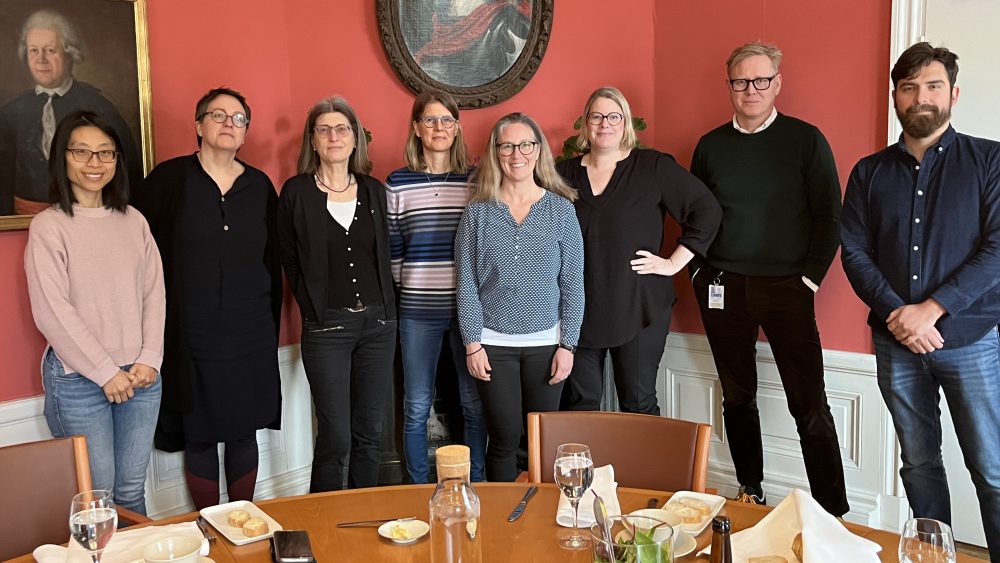
On 6th February, 2023, we kicked off the spring semester with a half-day meeting. Project members presented research progresses and planned for upcoming research activities.
By Rui Liu
Journal of Material Culture (first online). https://doi.org/10.1177/13591835221133289
by Rui Liu, Susanne Lundin, Talieh Mirsalehi & Margareta Troein
Ethnologia Europaea 52(2), 1–24. doi: https://doi.org/10.16995/ee.9055
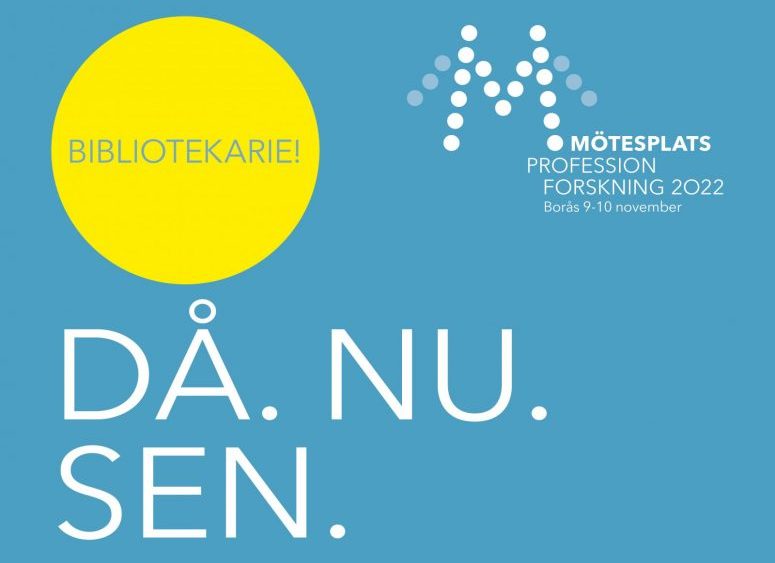
The conference is a a meeting point between researchers and professionals. Readmore about the conference (in Swedish) here: https://www.biblioteksforeningen.se/evenemang/motesplats-profession-forskning/. In her talk she discussed her thesis, Performing search: Search Engines and Mobile Devices in the Everyday Life of Young People. She also dicussed intial findings from the ongoing project of this blog, Wy do we choose the internet instead of the doctor next door.
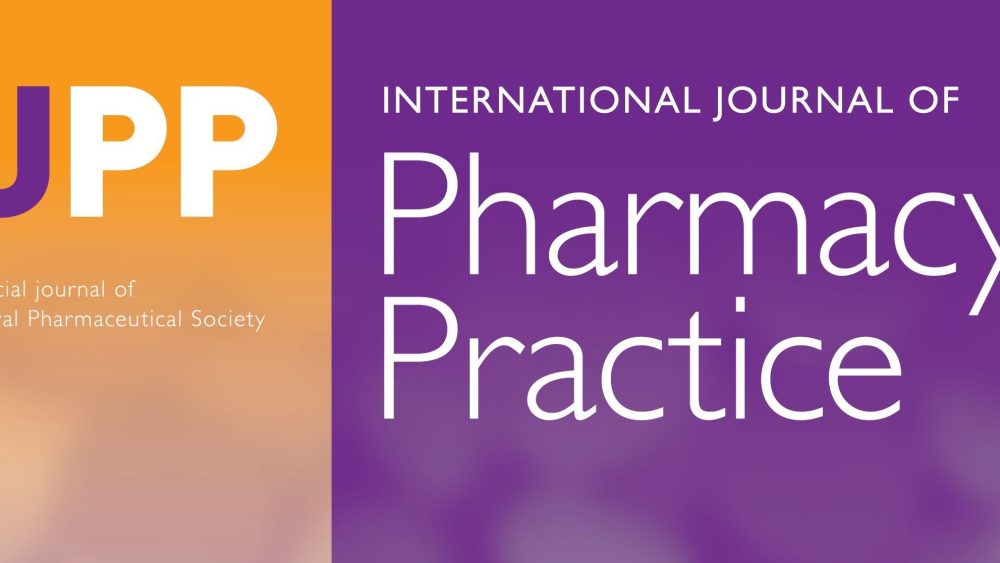
Substandard and falsified medical products are, according to the World Health Organization, a global threat to public health. To evaluate if community pharmacy employees can guide the public to safer medication purchases, their knowledge and experience about SF medical products was examined.
A digital questionnaire was distributed to the five dominating pharmacy companies in Sweden, representing 97% of the community pharmacies (1391/1433), giving the theoretical possibility of reaching 6200 employees. The response rate was 5% (228/4900). Of the respondents, 89% were pharmacists (203/228), 84% were women (191/228) and 43% were 35-49 years (98/228). The respondents worked in pharmacies of different size, located both in rural and urban areas. The definition of substandard and falsified medical products was known by 182 of the 228 respondents (80%) and the main source of knowledge was media(61%, 111/228). The common European logo for authorized online pharmacies was not recognized by 74% (169/228). For pharmacy employees to guide the public to safer medication purchases, knowledge about substandard and falsified medical products needs to be enhanced specially about legal international e-commerce.
Read the full paper here: https://academic.oup.com/ijpp/advance-article/doi/10.1093/ijpp/riac059/6645514
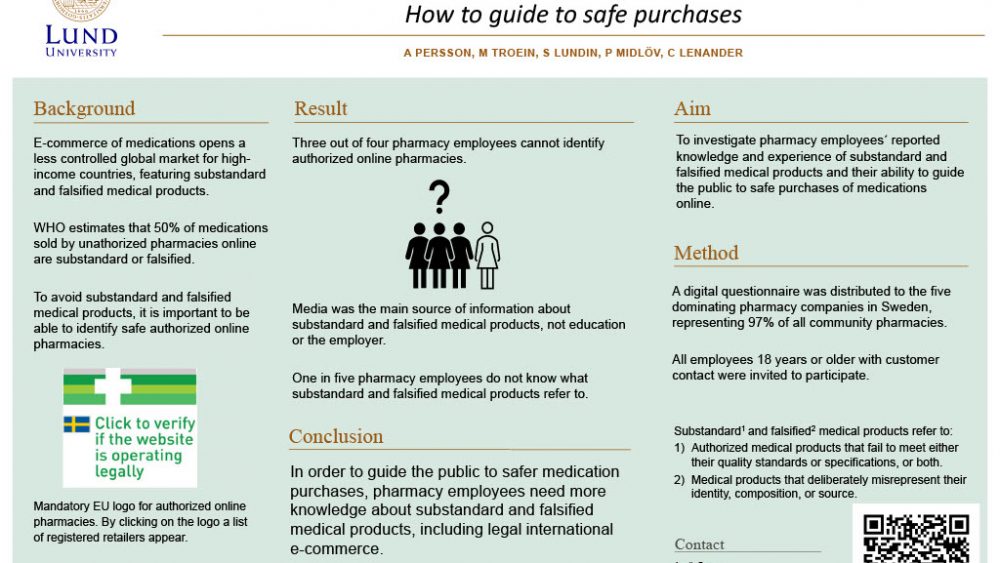
Amelie Persson presents the poster High risk for fake medications online
How to guide to safe purchases the Nordic Congress of General Practice 2022 in Stavanger and at the National Research School in General Practice at Umeå University. The poster draws on the article Swedish community pharmacy employees’ knowledge and experience of substandard and falsified medical products: a cross-sectional descriptive survey, published in International Journal of Pharmacy Practice (https://doi.org/10.1093/ijpp/riac059).

The Information Seeking in Context (ISIC) conference is a biennial conference. This time it was held at Humboldt University in Berlin. The panel gathered researchers from Sweden, Finland and Germany, within information studies. The panel discussed the role of information behaviour research in addressing societal challenges, such as climate change, political extremism, and health threats. More information about the conference can be found here: https://pages.cms.hu-berlin.de/ibi/isic-2022/index.html .

The questionnaire can be found and answered in Swedish here: www.folklivsarkivet.lu.se
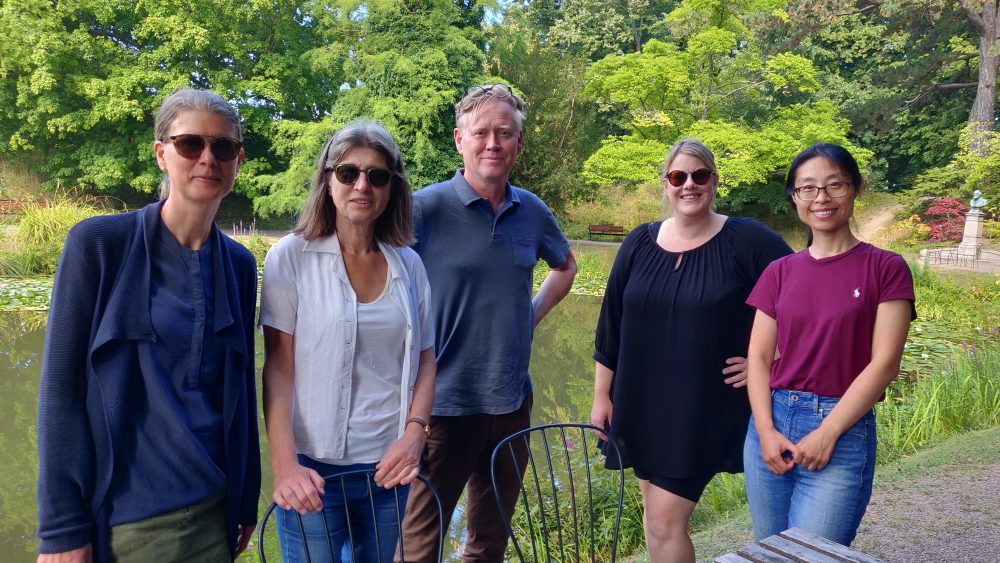
We kicked off the semester with a project meeting. We look forward to doing lots of exciting research this year!

Listen to the interview (in Swedish) here: https://sverigesradio.se/artikel/felaktiga-medicinlistor-langt-fran-losning-kan-fa-allvarliga-konsekvenser

Olof Sundin will be giving a talk about information and digital health literacy: Why do we choose the Internet instead of the doctor next door? , Thu 2 June 2022 15:00 – 16:00. Arranged by the Health and welfare technology research group at Mälardalen University. Sign up by following this link: https://mdh.mira.se/Events/1817/Apply
Webinar program
I. Information and digital health literacy: Why do we choose the Internet instead of the doctor next door?
II. Citizen engagement: How citizens can be effectively engaged in digitalization? Learnings from the Scottish Dig Citizen delivery plan?
III. Accessible digital infrastructure for citizen engagement: What role can private Sector play in order to realize the true benefits of digitalization?
Speakers
Olof Sundin, Professor of Information Studies and Vice-dean Humanities & Theology, Lund University, Sweden.
Nessa Barry, International Engagement Manager, International Engagement Team, Technology Enabled Care and Digital Healthcare Innovation, Scotland.
Jessica Kumbier, Google Cloud, Account Manager for Swedish Health Care.
Anna Broms, Google Cloud Customer Engineer, Government – Nordics.
Moderator: Professor Sarah Wamala Andersson
Comments